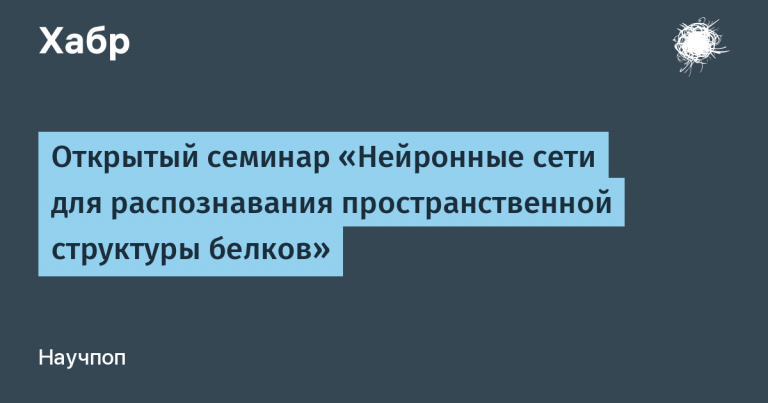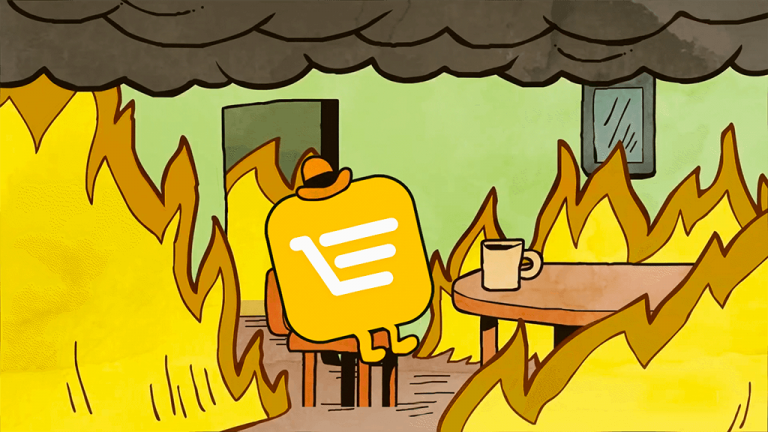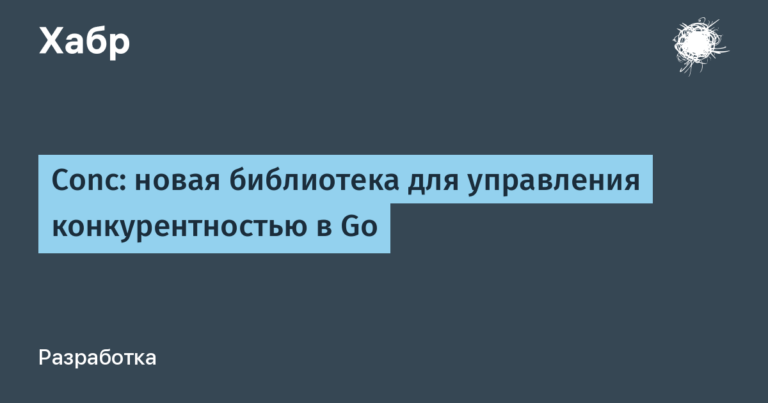How has learning a foreign language changed in 15 years?
Personal experience.
The world around us is changing rapidly, and many changes are related to technology. We still use language to communicate with other people, to express ourselves and to find information, but the process of learning a foreign language has changed. I analyzed my personal experience of learning languages - as a student and as a teacher.
In 2006, I entered the Romance-Germanic department of the Faculty of Philology of Moscow State University to major in French. We had a “continuing” group, we all took an entrance exam in French. And still, we had to learn and improve our language for the next 5 years (oh yes, I still saw the era of specialty and final/entrance exams).
What were available to us in terms of tools and materials at university? We didn’t have just one textbook, we studied using a variety of them – most often Soviet ones, published in the last century. Popova-Kazakova’s grammar workshop was our reference book. There were thick paper dictionaries – the phrase “two kilometers with Gak” had a special meaning for us. There were a lot of sheets of paper and written notes. Leaflets with rules, with texts, with tasks. There were a lot of pieces of paper that sometimes had to be submitted for verification. And there was a language laboratory (for those who don’t know, this is a room with headphones and mini-players, where the sound is sent from the studio and recorded in the old fashioned way on cassette tapes), where we went for phonetics lessons and independently – to record long texts by ear and train our speech .
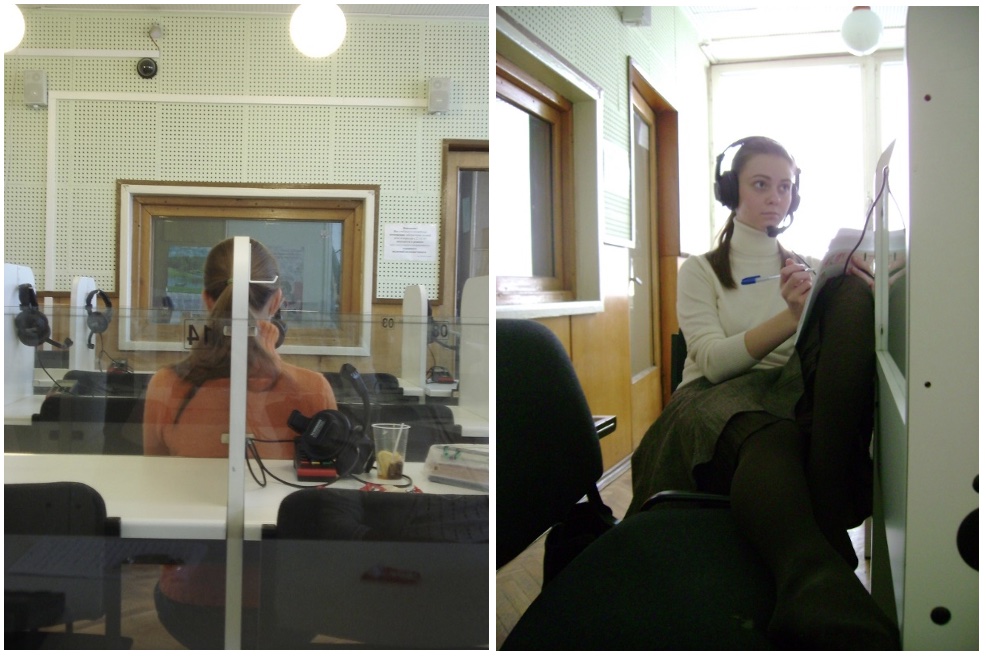
It was interesting, but terribly difficult.
Then technological progress began to dawn on me. And the first discovery was the existence of an electronic dictionary. As I remember now, we passed from hand to hand a disk with a copy of ABBYY Lingvo, which had to be installed on the computer. It turned out to be so cool that I promised myself to definitely buy the licensed version when I earned enough money for it.
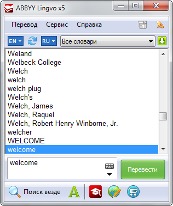
The electronic dictionary saved a lot of time on translations, reading literature and exercises, because it was enough to just start typing a word and then select the desired article, rather than leaf through a paper dictionary for a long time and rack your eyes with small print. Carrying a laptop with a dictionary with you was not much heavier than a paper dictionary.
On the downside, just leafing through paper dictionaries, you could accidentally catch your eyes on other articles and make such interesting discoveries as one of the meanings of the word capitaine – a four-fingered fingerfinger (ich., such a fish). I still swear by this phrase =)

By the way, when I got hold of a smartphone (this happened closer to 2013) and bought myself a licensed application with the ABBYY Lingvo dictionary, I was terribly disappointed. After the ideal desktop interface, the mobile version was striking in its inconvenience. To start entering a new word in the search, you had to 1) return to the menu, 2) point your finger at the search window, 3) manually select the previous word, 4) delete it, and only after that 5) start entering a new word. And the search results were not displayed as a list that can be scrolled (as in a regular paper dictionary, where the entries follow each other and you can see words of the same root and simply similar ones at the same time), but according to the principle of relevance. This led to the fact that I gave up thinking about using a dictionary on a smartphone for a long time, until my future husband gave me a gift – he found a dictionary application with the “correct” interface and uploaded all the necessary Lingvo dictionaries there, after tinkering with encodings and formats.
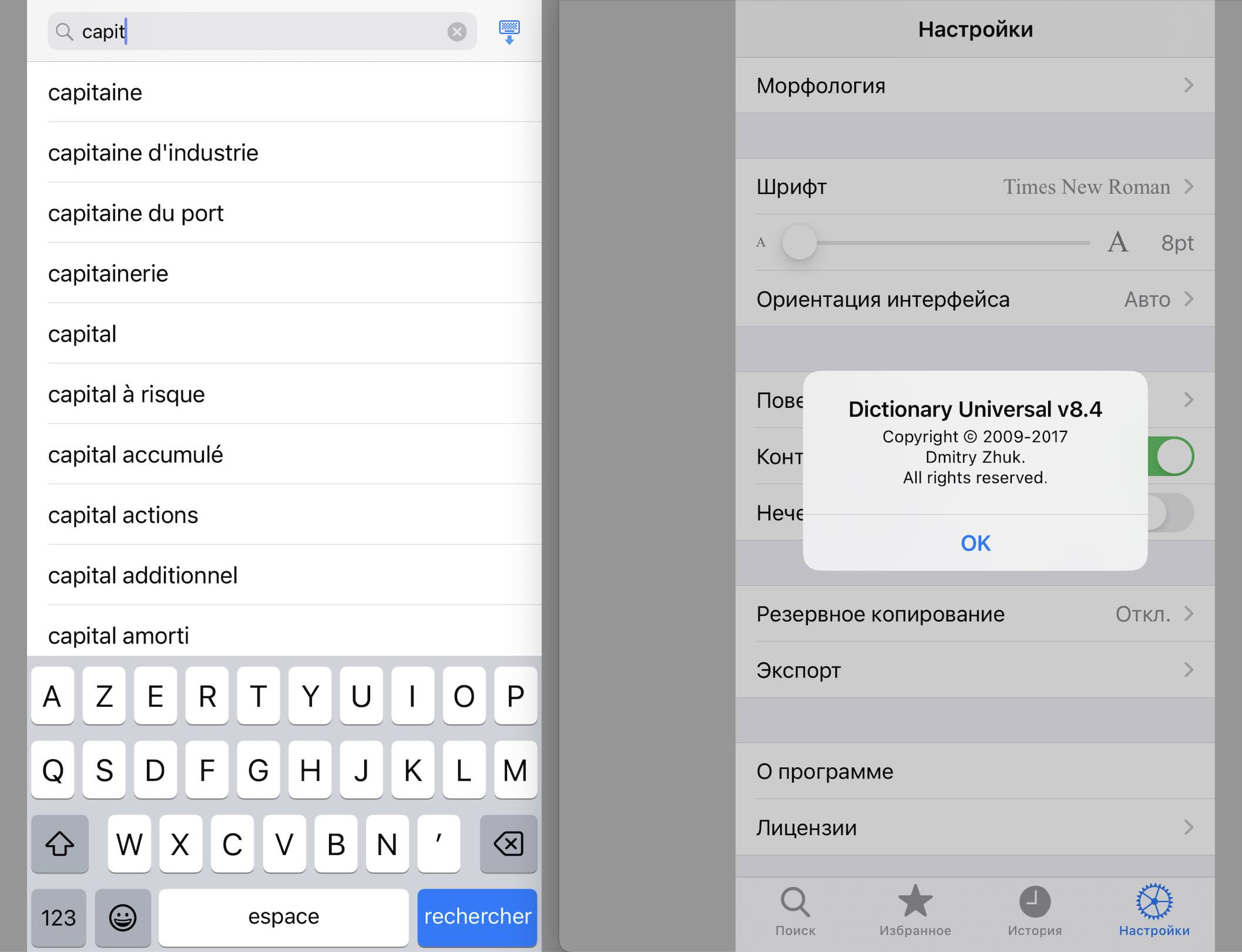
So, the first thing that has changed in 15 years is access to dictionaries. Modern students no longer need to buy thick and heavy paper dictionaries and dig through them for a long time. They can find all the information they need on their laptop or phone – in apps and on publishers’ websites. Not counting translation services from Google and Yandex, where you can also enter individual words and receive dictionary entries. Translating entire phrases in these services is a so-so idea for educational process. But these are already my professional cockroaches.
In my second year, I bought myself an MP3 player with a Samsung voice recorder. It was convenient to record lectures on it so that you could listen to them later, but the coolest thing was that you didn’t have to go to the language laboratory and work on pronunciation while sitting at home. I recorded my speech, listened to it, corrected mistakes and recorded it again. I was able to devote a lot more time to working with speech and pronunciation because it became much more convenient. And even the teachers noticed the progress in my speech.
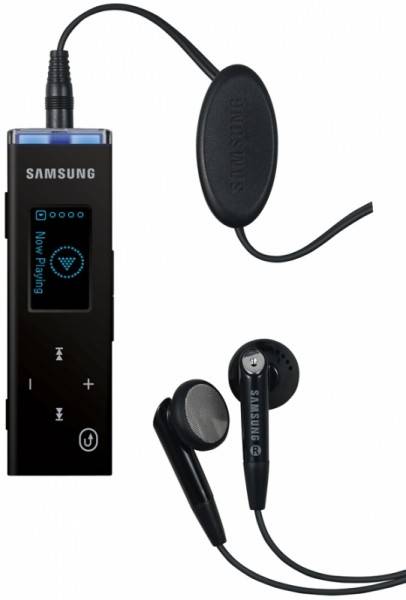
I envy modern students – now everyone has voice recorders at their fingertips in any smartphone. You can even film yourself right away. You can easily and quickly send everything to the teacher to get feedback. Beauty!
Then I discovered the endless world of downloading French songs, and then films. If earlier I had to carefully monitor posters and announcements and run to cinemas for rare festivals where they showed French films in the original (who else remembers the Moscow 35mm?), now I could provide myself with constant language practice in any place where I I could sit down with my laptop. Alas, today it’s not so easy with French films and TV series on the Internet, and I dream of creating a site like Ororo, but with French content, to allow students to watch classic and new films and TV series (if you know what I mean, and If you know how to create something like this, write to me!).
As I write all this now, I am amazed at how quickly we adapt to change and progress. Today it’s all so obvious and easy that you don’t even think that it was different before. Today, everyone has endless access to videos, music, blogs, vlogs at their fingertips – in a regular smartphone.
Around the same time, I suffered from the inability to constantly practice French with living French people. I caught unfortunate Francophones on the street in Moscow and obsessively persuaded them to talk to me. Then I discovered French dating sites and found pen pals there.
In 2011, I lived and worked in France, and was upset that I would not be able to use my competencies as a French teacher there: why teach French to the French? There were only French people around me, and then I basically only practiced live. The concept of Skype lessons was just emerging, and although one of my far-sighted friends had already recommended that I move my teaching online, I held on to the idea that I liked live communication and did not want to replace it with a surrogate. That didn’t stop me from communicating for hours on Skype with my family and friends who remained in Russia.
In 2016, I met a colleague and English teacher. From her I learned that you can not only look for students on all sorts of aggregator sites like profi.ru, but also write a blog about your work – and students will find you themselves, and those with whom you have common values and views on life. With her, I took my first English course in the original Russian program – I watched a series about British teenagers and did tasks on understanding and speaking. And I realized that it was very convenient, interesting and useful for the language.
In 2020, I was on deep maternity leave with fog in my head. But with the onset of the pandemic, I realized that this was a great time to return to teaching – making the most of online opportunities.
Today, as a teacher, I can offer students different formats of classes – both synchronous (lessons on Zoom, Skype) and asynchronous – courses on French books, videos, films (on Telegram and on the Progressme platform).
How has digital development made the lives of people learning foreign languages easier?
1. Almost any textbooks, dictionaries, materials are at hand at any time – in a laptop or on a phone.
2. You can easily choose a teacher, not limited to your city and some nearby language school. An ideal teacher can live anywhere in the world and work in a format (and time zone) that is comfortable for the student.
3. Always have a voice recorder at hand and the ability to work independently with your own pronunciation.
4. The opportunity to organize language practice with native speakers or find yourself a study buddy – and communicate with them by voice or video.
5. The opportunity to organize your own language environment and watch interesting videos, read interesting articles and books in the language you are learning.
6. Active development of online courses for every taste and request – a student can not just passively watch a movie/series/video/book, but get the maximum benefit from it thanks to courses, assignments, and additional materials.
7. The existence of online learning platforms that make it possible to conveniently organize training and structure educational materials.
8. No more endless pieces of paper – an individual textbook tailored to the needs of a specific student is quickly and conveniently created on the platform, and the student has constant access to materials and automatic tasks.
9. Thanks to the fact that many teachers began to write expert blogs, you can subscribe to different ones and learn something new and useful every day, and also choose a person with whom it will be comfortable and interesting to study – after all, you already know each other through the blog.
What changes have you noticed? Are you nostalgic for the tube past or are you using all the achievements of progress?
